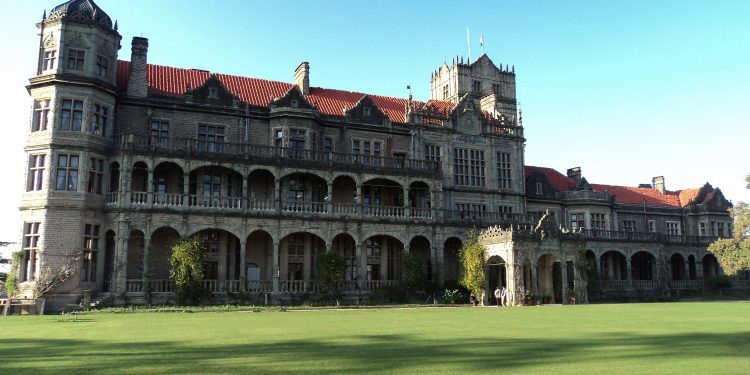Mitigating the ‘Brain Drain’: Government Hikes the Monthly Fellowship for IIT and IISC Researchers

Union higher education secretary Kewal Kumar Sharma has said that the Centre will provide Rs 70,000 as a monthly fellowship to those researchers doing their PhDs in IITs or IISc.”As part of the research fellowship scheme of Prime Minister Narendra Modi, we wish the meritorious students who are being forced to leave the country for purely financial reasons stay within the country.”
Background
Recently, the Union Government announced a hike in the monthly fellowship for Ph.D. students from Rs 25000/- to Rs 70000/- in institutes like the IITs or IISc. This is indeed a great step by the government to promote research in Indian soil.
Introduction
The main goal of this implementation is to retain the brightest minds in the country. For over five to six decades we have seen meritorious students leave the country to pursue their field of interest because of financial reasons. Moreover, there are examples of hundreds of brilliant students who half-heartedly changed their field to other higher paying ones just to be financially stable. The new scheme partially mitigates these existing problems.
Research and Economic Growth
Undoubtedly, there is a positive correlation between investment in research and development and economic growth. A study by Istanbul university found that in countries like Netherlands, France, UK, an increase in investment by 1% on R&D, increased the GDP by 1%.
It is understood that research and development is one of the pillars of economic growth. If more people pursue research as a career, there are more chances of economic development. Unfortunately only 200000 are employed as full-time researchers in a country of 1.3 billion people. India ranks below Kenya, Chile in terms of density of scientific workforce. Why?
Societal Pressure, Living Standards, and ‘Settling Down’
If one takes a quick survey of school kids in India about their field of interest, most of them would say something related to science. The inquisitive nature of a kid and his/her dream to pursue a career in the research field is almost killed by the pressure he/she faces when they grow up. They are constantly told to take up a field that pays more and are compared with their peers who have higher salaries. Moreover, they are asked to ‘settle down’. This normally means a six-figure salary, a house, and a car. It is clearly difficult to meet such expectations with a salary of a Ph.D. researcher in India.These ridiculous constraints drains the mental energy out of them and they are forced to quit their field of interest and pursue an alternate career. There are some researchers who try to keep these societal expectations at bay and focus on their work but at some point, it nags them and they succumb to frustration and despair. A distracted and unrewarded person cannot make a good employee and which directly affects the quality of work they do.
The money offered in the new scheme alleviates this problem to some extent.
Brain Drain
This is a very commonly used phrase and refers to students fleeing to other developed countries to pursue their career in return for better financial conditions. The number of Indian students has reached nearly two lakhs and an increase of more than 31% in a year. This data suggests that students are willing to invest in a lot more expensive colleges abroad to study their field of interest because of the promise of future returns.
We have all stumbled upon Indian names when we read about CEOs of big tech companies, Nobel laureates, doctors etc.. and most of them would have “Indian origin” in their bio. How much did we wish they were just ‘Indians’? Unfortunately, India has lost many brilliant minds to foreign nations. This situation can change if the government supports their hopes and ambitions.
Conclusion
The implementation of the new scheme is only a small step towards uplifting the status of Ph.D. researchers. Also, there are hundreds of deserving Ph.D. researchers working in other institutes apart from IITs and IISc, contributing to the field of science. The government should recognize their work too and reward them equally. A nation’s growth depends on the quality of work it’s citizens perform. Well rewarded citizens are motivated to work better and constitute a happier workforce.




